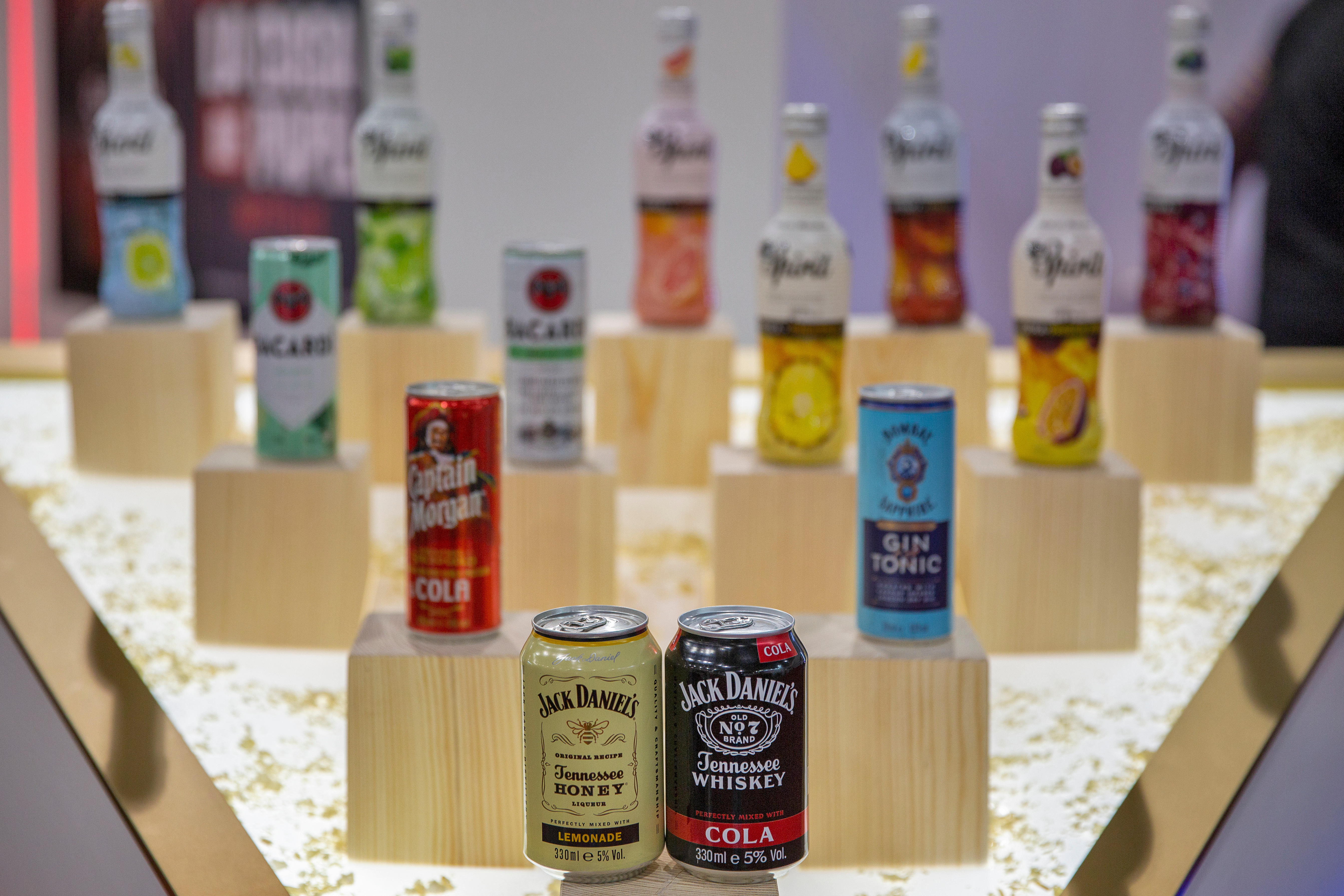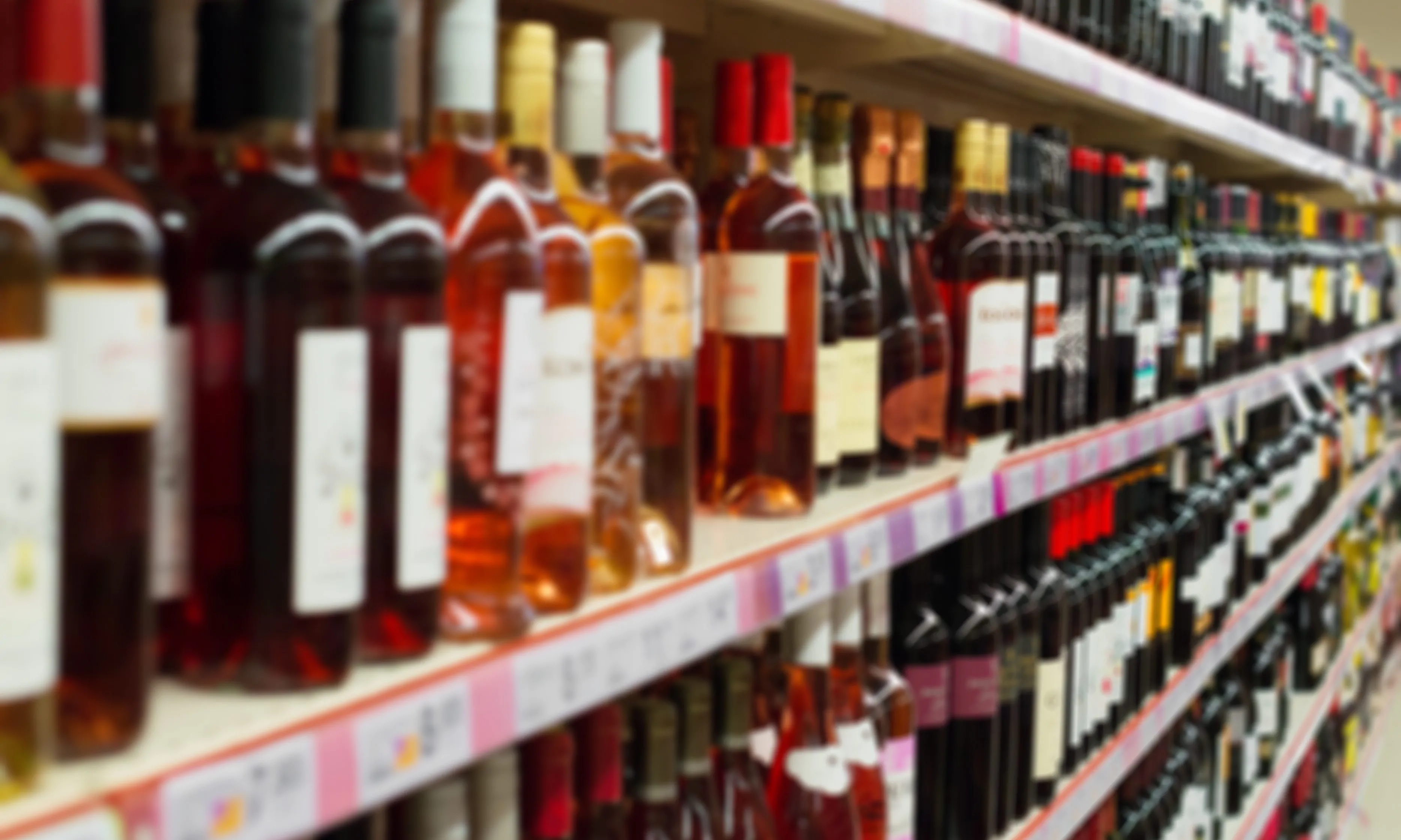If there is anything we can count on the alcohol industry to do, it is coming up with more ways to sell alcoholic beverages and enrich its bottom line. Of course, this comes at the expense of families, as well as public health and public safety.
The industry’s latest ploy to expand alcohol sales is to flood Alabama’s convenience stores, grocery stores and drug stores with ready-to-drink, liquor-based alcoholic beverages – often referred to as “mixed-spirits beverages” or, less formally, “cocktails-in-a-can.”
State Sens. Steve Livingston, R-Scottsboro, and Bobby Singleton, D-Greensboro, both are sponsoring bills this legislative session that would expand the availability of these cocktails-in-a-can. Currently, for off-premise use, these liquor products are sold only in liquor stores, which are off-limits to those under the age of 21.
Their bills, SB194 and SB321, respectively, would create a new category for these products – some with high alcohol content – loosen restrictions, and allow the drinks to be put on the shelves of thousands more stores, including those frequented by those underage.
Not surprisingly, the alcohol industry is lobbying heavily to expand the sale of these beverages, which represent the fastest-growing segment of alcohol sales. So lucrative is this product that soft drink makers, including PepsiCo and Coca-Cola, have joined the crowd by introducing liquor-based alcoholic beverages of their own.
Clearly, Big Alcohol views this legislation as a gold mine. But for the health and safety of Alabama families, it would be disastrous, leading to more consumption, more underage drinking, more drunk driving and more drunk-driving deaths.
Here are hard facts about these new hard liquor products:
- Currently, in Alabama, liquor and liquor-based products can be sold for off-premise use only at private package stores and state liquor stores operated by the Alabama Alcoholic Beverage Control Board. There are about 900 such stores in the state, with more than 700 of those private.
- SB194 and SB321 would allow liquor-based, ready-to-drink beverages to be sold at numerous other outlets – essentially the convenience stores, grocers, drug stores and other retailers that sell beer and wine. This could expand the number of outlets in Alabama selling liquor products from around 900 to nearly 7,000. And, of course, those under age 21, including children, won’t be restricted from most of these stores.
- The bills would allow these products to have an alcohol-by-volume content of up to 12.5 percent. That’s the equivalent of about three beers. Someone who drinks two cans of a product with that high of an alcohol content would be consuming the equivalent amount of alcohol that’s in a six pack of beer. How many more drunk-driving crashes will this cause?
- Because of their often sweet, fruity taste, cocktails-in-a-can are especially enticing to young people. Mountain Dew has come out with a line of Hard Mountain Dew alcoholic beverages with flavors such as Watermelon, Black Cherry and Baja Blast. Coke has a Jack Daniel’s product. More underage drinking? Count on it.
- Monster Beverages, a maker of popular energy drinks, has a line of alcoholic drinks called “The Beast Unleashed.” Mixing caffeine and alcohol – what can go wrong?
- In some states where these cocktails-in-a-can are readily available, concerned parents have complained about retailers placing these alcoholic beverages next to non-alcoholic beverages that are packaged in similar containers and are popular with teens and children.
Let us not kid ourselves: The goal of the alcohol industry is to sell more alcoholic beverages and boost profits. It cares very little about the toll its products will take on public health and public safety.
According to the U.S. Centers for Disease Control and Prevention, alcohol consumption kills more than 140,000 Americans each year. That’s more than the number of deaths due to drug overdose or gun violence.
Alcohol fuels accidents, crime and suicides (nearly half of people who commit suicide had alcohol in their system). Recent studies also show that even casual drinking, such as one drink a day, can have serious health effects, such as cancer and heart disease.
Why then are lawmakers even contemplating making alcohol more readily available, especially products with a strong appeal to young people?
In the past several years, we have seen our Legislature make it possible for wine, beer and liquor to be delivered to homes; for wine to be ordered online and delivered from out of state; for micro breweries, wineries and distillers to sell larger volumes of products; and for more alcohol sales in entertainment districts.
At some point, we need to say enough is enough. Expanding the sale and consumption of alcohol is not good public policy. And it’s certainly not good for Alabama families.
For Alabama’s sake, tell your legislator to say no to this latest round of drinks.




















































